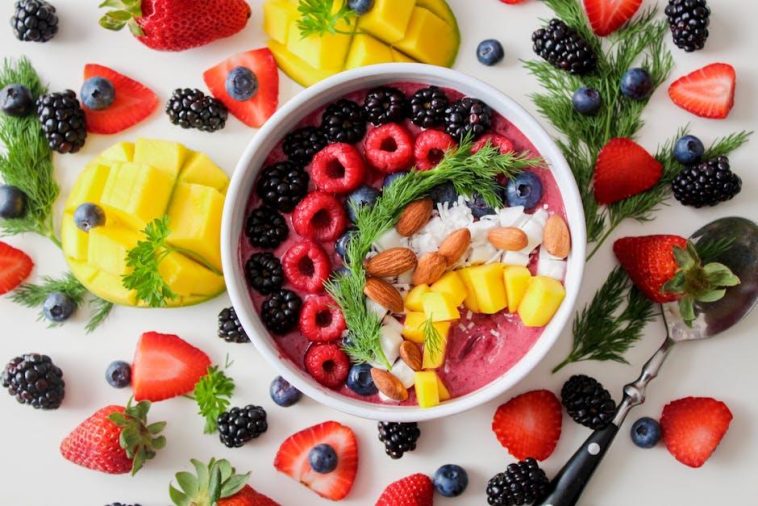
Exploring the World of Vegetarian Cuisine
“Rabbit food” is a playful nickname my father uses for vegan meals. Often perceived as merely salads and vegetables, vegan cuisine is much more intricate and creative than it appears. In fact, it’s at least as varied as traditional cooking, sometimes even more so.
The Evolution of Plant-Based Cooking
Nearly three decades ago, “Diet for a Small Planet” and its companion cookbook “Recipes for a Small Planet” made waves in bookstores. Although some of Frances Moore Lappé’s theories on protein complementarity have been refined with further research, her fundamental principles on plant-based eating and the delightful vegetarian—and truly vegan—recipes remain influential. Following these came “The Moosewood Cookbook” and “The Enchanted Broccoli Forest,” sparking an explosion of cookbooks dedicated to vegetarian gastronomy.
An Artful Approach to Vegan Dishes
Vegan cooking transcends mere meatless dishes; it involves an artful combination of flavors and textures that create masterpieces appealing to both meat-eaters and vegetarians alike. For practitioners of Ayurvedic cooking in India, food represents more than sustenance—it serves as a pathway to higher understanding. Ayurvedic chefs consider three main components alongside six tastes (sweet, salty, sour, bitter, pungent, and astringent) when preparing meals that engage all senses—sight, taste, smell—and nourish the soul.
The Authenticity in Vegan Recipes
The best vegan recipes stand independently without attempting to replicate meat-based dishes. Unlike ‘meatless’ pasta that might feel incomplete without its usual components like beef or chicken sauces—spinach pasta with rich cheese blends can be perfectly satisfying on its own merit due to its harmonious mix of ingredients such as cheese & spinach combined with spices achieving completeness naturally.
Diversity Within Vegetarian Traditions
Globally diverse cuisines offer numerous vegetarian delights beyond Western interpretations where minimal or no meat is traditionally used; authentic Chinese or Indian culinary practices often feature vegetable-centric main courses while Russian kitchens along African village tables present hearty plant-based options too! These include peanut & cashew nut soups paired alongside hummus enriched by zesty spices plus lemon juice drizzled atop bread varieties including rice or couscous—the Middle Eastern-African regions fully embrace this style & provide plenty more!
A Fresh Perspective on Meat-Free Eating
If one approaches vegetarian fare expecting substitutes mimicking typical carnivorous fare—they may encounter disappointment instead appreciate unique methods involving innovative seasoning combinations yielding airy textures akin meringue whilst dense chewy bites found within seven-grain loaves inspire profound satisfaction! For those yet unfamiliar trying genuine vegetarian plates versus substitutive mock meats—the nearest Indian/Middle Eastern restaurant could prove revelatory revealing vibrant flavors amidst dynamic textures making lack absence unnoticed altogether!




